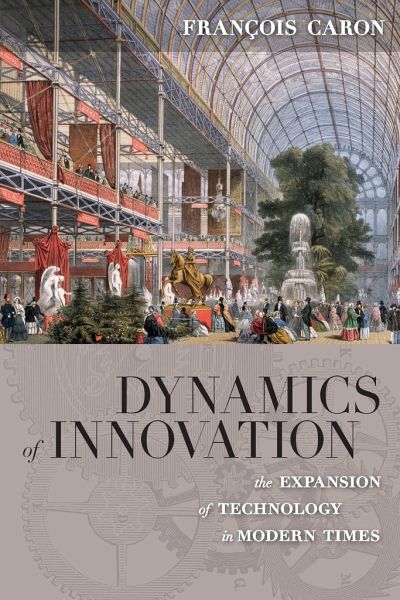
Dynamics of Innovation
The Expansion of Technology in Modern Times
Versandkostenfrei!
Versandfertig in 1-2 Wochen
38,99 €
inkl. MwSt.

PAYBACK Punkte
19 °P sammeln!
Presents a broad panorama of modern technology. Shows how artisanal know-how was adapted, expanded, and formalized during the three industrial revolutions that swept over Great Britain, France, Germany, and the United States in a comprehensive analysis of this long, historical process. Illustrates the increasingly fruitful interaction between technological and scientific knowledge in modern times.












